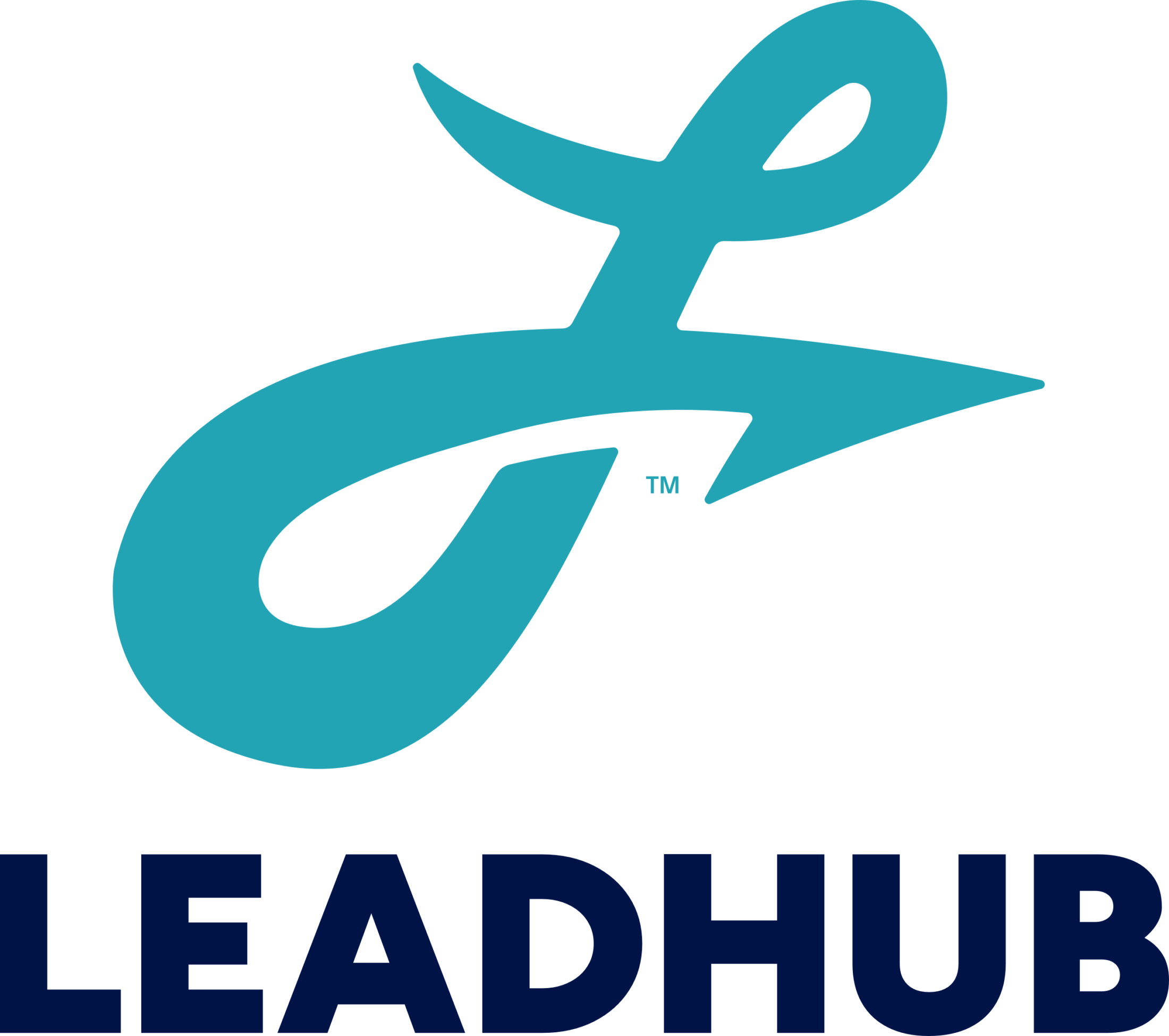Why PPC Matters For Your Business
In the digital landscape, Pay-Per-Click (PPC) marketing stands out as a powerful advertising model. It involves advertisers paying a fee each time one of their ads is clicked. This approach is particularly beneficial because it allows businesses to reach their target audience effectively and measure the success of their campaigns. PPC allows for the following:
- Immediate visibility — PPC ensures that your business appears at the top of search engine results, providing instant visibility to users actively searching for your products or services.
- Controlled budget — With PPC, you have control over your budget, allowing you to allocate resources effectively and adjust your spending based on performance.
- Measurable results — Unlike traditional advertising, PPC offers detailed analytics, allowing you to track the effectiveness of your campaigns and make data-driven decisions.
PPC matters for businesses of all sizes because it provides an immediate and measurable way to connect with potential customers. By strategically placing ads on search engines and social media platforms, businesses can increase visibility, drive website traffic and ultimately boost conversions.
PPC: Breaking Down The Basics
Understanding how PPC works is crucial for harnessing its full potential. If you lack a fundamental understanding of PPC, you risk misallocating your budget, targeting the wrong audience and crafting ineffective ad campaigns.
Without grasping the basics, you may overlook essential elements like keyword relevance, ad quality and bid strategies, leading to suboptimal ad placements and minimal visibility. This can result in wasted resources, poor return on investment (ROI) and missed opportunities to connect with your target audience, hindering the overall success of your advertising endeavors.
How Pay-Per-Click Works
PPC operates by bidding on keywords relevant to your business. When users search for these keywords, your ads are displayed. Unlike other advertising models, you only pay when someone clicks on your ad, making it a cost-effective way to drive targeted traffic.
“PPC” specifically refers to platforms that operate on a pay-per-click model. This includes popular platforms like Google Ads and Bing Ads, where advertisers bid on keywords to display their ads in relevant search results.
While PPC charges advertisers for each click on their ads, pay-per-lead (PPL) campaigns charge based on generating qualified leads, offering a different approach to cost-effective advertising.
Decoding The Jargon: Terms You Should Know
Navigating the world of PPC requires understanding key terms that shape your strategy. Here are some standard terms you should know:
- Cost per click (CPC) — This metric represents the average cost incurred each time a user clicks on your ad within a specific campaign. It’s a vital indicator of your advertising costs.
- Conversion — A conversion signifies a specific action a customer takes to connect with your business. For example, at Leadhub, conversions include phone calls and form submissions, reflecting high standards for engagement.
- Cost per conversion — This metric calculates the average cost associated with acquiring a conversion, offering insights into the efficiency of your campaigns.
- Impressions — Impressions denote how many times an ad is shown to users, providing a measure of visibility. Unlike clicks, no actions are required for an impression to occur.
- Cost per mille (CPM) — CPM measures the cost per thousand impressions. It is often used for brand awareness campaigns and to gauge reach rather than generate direct conversions.
This is not an exhaustive list, but simply a starting point to help you get your bearings.
Conversion vs. Lead: Clearing The Confusion
It’s crucial to distinguish between a conversion and a lead in the context of PPC.
Here at Leadhub, we often emphasize to our clients that a conversion is different from a closed lead. A conversion is a measurable action a user takes, while a lead implies a potential customer who has not necessarily taken the final step of engaging with your business.
Considering the performance of your PPC campaign involves assessing not only conversions but also your business’s ultimate goals, such as closed leads and customer satisfaction.
Ready To Dive In? Next Steps For PPC Success
Are you ready to leverage the power of PPC for your business? Taking the plunge into PPC involves strategic planning and careful execution. At Leadhub, your marketing team will work hard for you to provide the following:
- Keyword research — We start by conducting thorough keyword research to identify the terms relevant to your business. This lays the foundation for effective ad targeting.
- Compelling ad copy — Our team crafts compelling ad copy that resonates with your target audience. Engaging and relevant ad content increases the likelihood of clicks and conversions.
- Analytics monitoring—Our PPC experts regularly monitor analytics to gauge the performance of your campaigns. Based on the data, we adjust your strategy to optimize results.
PPC success is an ongoing process. Our team of experts will continuously refine your campaigns based on data insights, keeping abreast of industry trends and adapting your strategy to ever-evolving market dynamics.
Leadhub: Taking Your Business To New Heights With PPC
PPC is not just an advertising model — it’s a dynamic tool that empowers businesses to reach their audiences, control spending and achieve measurable results. By understanding the basics, decoding key terms and evaluating performance, businesses can unlock the full potential of PPC and propel their success in the digital landscape.
Ready to embark on your PPC journey? Contact us today and let’s elevate your business through strategic and effective campaigns.
